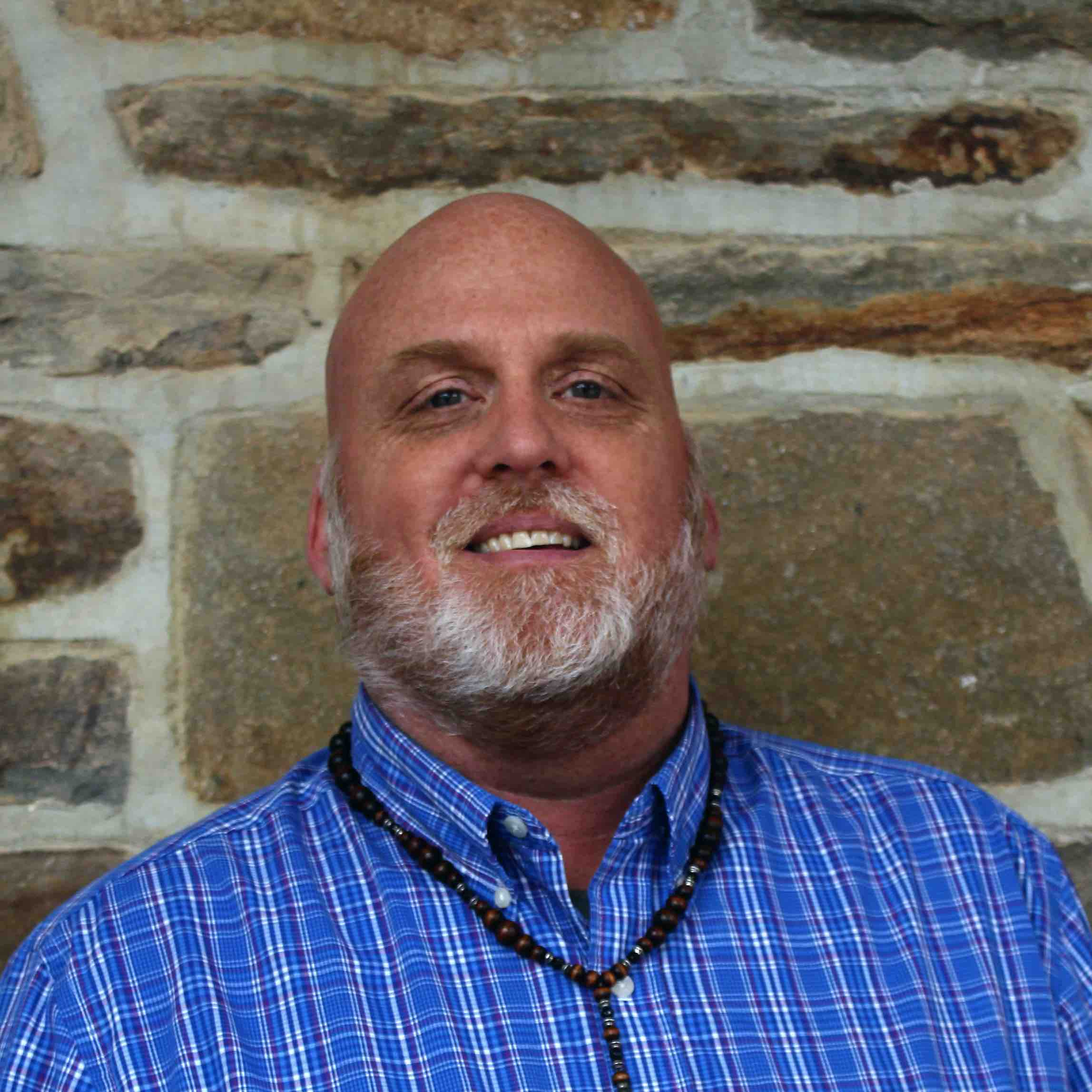
What Cancer Treatment Plan Is Right For Me?
7 helpful suggestions for discerning a path forward with treatment.

Daniel Nicewonger
(Pastor, Cancer Survivor and Hope Has Arrived Contributor)
One of the scariest realities of someone facing a cancer diagnosis is choosing the correct cancer treatment plan. Feelings of anxiety and stress are normal as you decide what path is right for you.
Sometimes multiple doctors advocate for different therapies. How does one choose an option when different “experts” declare their recommendation the correct path forward? Stress increases when choosing one option eliminates the possibility of using other cancer treatment plans in the future.
Input from others
While input from friends and family can be helpful, it may also be stressful. Friends and loved ones often make passionate suggestions with a limited understanding of your experience or treatment realities. For many, they look at best-case cancer stories within their sphere of experience and suggest you do the same. For example, I have one woman who consistently asks if I am eating broccoli because she read an article that said eating broccoli can cure cancer.
How can we navigate this process of choosing a cancer treatment plan with any sense of peace, hope, and joy?
1. Ask tons of questions – demand answers that truly answer your questions.
Cancer treatment plan decisions are often a matter of life and death. Make sure you ask every question that comes to mind, even those that may feel insignificant. Go slowly and invite caregivers to share questions they may have. When meeting with your care team, having a written list of questions you can share with them might be helpful. Insist on answers you can understand and get to the heart of your questions. Do not be afraid to say you do not understand an answer and need the doctor to clarify what they are saying. Often one answer may spawn another question; keep asking.
2. Invite a trusted family member or friend to attend doctor appointments.
Doctor appointments can be stressful events. I am a competent leader who has navigated many difficult conversations. The truth is that doctor appointments, especially the consequential ones where we choose cancer treatment plans, undo me. I need a second set of ears to help me hear what is shared. Someone who can ask questions while I am struggling to deal with the emotional upheaval within my soul. While driving home, it is striking how often my wife, Nancy, and I remember parts of the appointment differently. We need each other to clearly hear and remember what has been said. Finding a trusted person to join you as cancer treatment plans are being made is important, even if all they do is listen and help you remember what was shared.
3. Recognize any decision has a positive or negative potential.
This is important. Every decision we make has the potential to work out well or be something we later regret. Once the decision is made, move forward and do not look back or second-guess yourself.
This may sound easy, but it is not easy. A few years back, I decided to try a new cancer treatment option. Nancy and I had asked all our questions. Finally, we had peace that this was the right path forward. The procedure had a three percent chance of damaging my bile ducts. A small risk with great healing potential. Two months into the treatment, my bile ducts were destroyed. The past few years have been spent dealing with the consequences of that failed treatment plan.
There are seasons I struggle with that decision. It turned out to be a big mistake. When I am emotionally and spiritually healthy, I recognize it for what it is, an option that did not work out as planned. Focusing on that past decision does not help me find hope, peace, or joy today. I must understand my current reality and work to find the path forward.
4. Advocate for yourself.
You are your best advocate. Find your voice, speak boldly and respectfully on your behalf. You know your body better than anyone else.
There are many reasons this may seem difficult. Often, we are tired and weak. It is easy to go along rather than fight for what would be in our best interest. For others, it may seem disrespectful to question the “experts” managing our care. Many people grew up being told that when the expert speaks, our role is to agree and go along with their recommendations. It is essential to speak graciously and show respect for our doctors’ expertise, yet we must advocate on our behalf.
The past seven years of my cancer journey have taught me that it is essential for me to speak boldly on my behalf. A recent trip to the ER reminded me of that reality. The stents in my bile duct were clogged and needed immediate attention. Unfortunately, the ER doctor repeatedly mischaracterized my reality and made statements that were not true. I politely corrected them and helped point them in the direction of what would bring healing.
At shift change, I spoke with the new doctor. After one four-minute conversation, we made tremendous progress. Within hours I was in the OR having the procedure that would begin my healing process.
You must advocate for yourself! There are too many people who will take the easy way to avoid work. Your life matters! Speak clearly—speak boldly—and don’t stop until you get what you need.
5. Accept that this is your body, and you are the ultimate decision-maker for it.
Any decision you make must be the right one for you. Many passionate voices may offer suggestions as to what you should do. But, in the end, it is your body and your decision.
No matter your decision, there will always be some who believe you have chosen wrong. They are not traveling your journey. No matter how much they may say “they understand your experience,” they do not. Only you know the physical, mental, relational, and spiritual realities shaping your decisions. Stand strong once you have selected a cancer treatment plan.
6. Discern a path forward.
Discernment is different than strategic planning. Strategic planning tends to research all options noting risk/reward benefits, and then choosing a path that makes the most sense.
Discernment includes the process of researching all options but then takes time in quiet and stillness to invite the Spirit to guide our decision-making. We pray for wisdom, and ask God for help, inviting his guidance to help us discern the right path for us.
Discernment pays attention to the factual realities of each cancer treatment option AND pays attention to how our spirit feels as we move towards one. A healthy and natural sign of discernment is when the caregiver and care receiver have the same feelings about an option. In addition, the more members of your care team that share a similar idea about a treatment plan is a sign you are discerning well.
At one point, we were considering a liver transplant. My oncologist was open to the idea and said all information is good information. So, Nancy and I traveled to a different state and hospital and spent three days working out what that cancer treatment plan would look like. The longer we spent exploring, the less peace I felt.
Traveling home Nancy and I discerned that this was probably not a good option for me at this time. When sharing our thoughts with my oncologist, he agreed. His affirmation was another voice that helped our discernment process. While disappointing, stepping away from a life-changing liver transplant was easy because we had discerned it was not right for us.
7. Pray for peace.
As you make your decision pray for peace. It is possible to have hope, peace, and joy in even the most difficult circumstances.
Once the decision has been made, ask God for help, and invite his Spirit to give you a sense of peace about the decision and the pathway forward. The treatment plan may still seem overwhelming, but the burden of decision-making is over. It is now time to focus on the future. Ask the Spirit to help you never question, doubt, or wrestle with that decision again.
Our goal should be to live in the moment—one day at a time, sometimes one breath at a time.
Caring Conversations
Upon my diagnosis, Nancy and I struggled with conversations we never imagined having. We were discussing issues of quality vs. quantity of life in much the same way we used to plan vacations. Unfortunately, we could not find a resource to help us navigate this daunting season of life, especially the decisions about choosing a cancer treatment plan.
We wrote Caring Conversations to be that resource. If you found this article helpful, I am confident you will also find it valuable.
Conclusion
Navigating a cancer diagnosis and choosing the correct cancer treatment plan can be scary, but there is always hope, there is always help, especially when you ask God for it. He can help you discern a path forward. May you find peace, hope, and joy amidst the struggle.
Daniel Nicewonger is retired pastor, author and cancer survivor and regular Hope Has Arrived contributor.
To learn more about prayer, see Asking God for Help.
For more help with finding spiritual hope, see Knowing God Personally.
For help with finding peace, see the Gift of Peace.
Need courage to face your next scan? click here
to download our free guide.
Related posts:
Note: We are not doctors and we cannot answer your medical questions. However, we welcome your questions about finding hope and knowing God.
